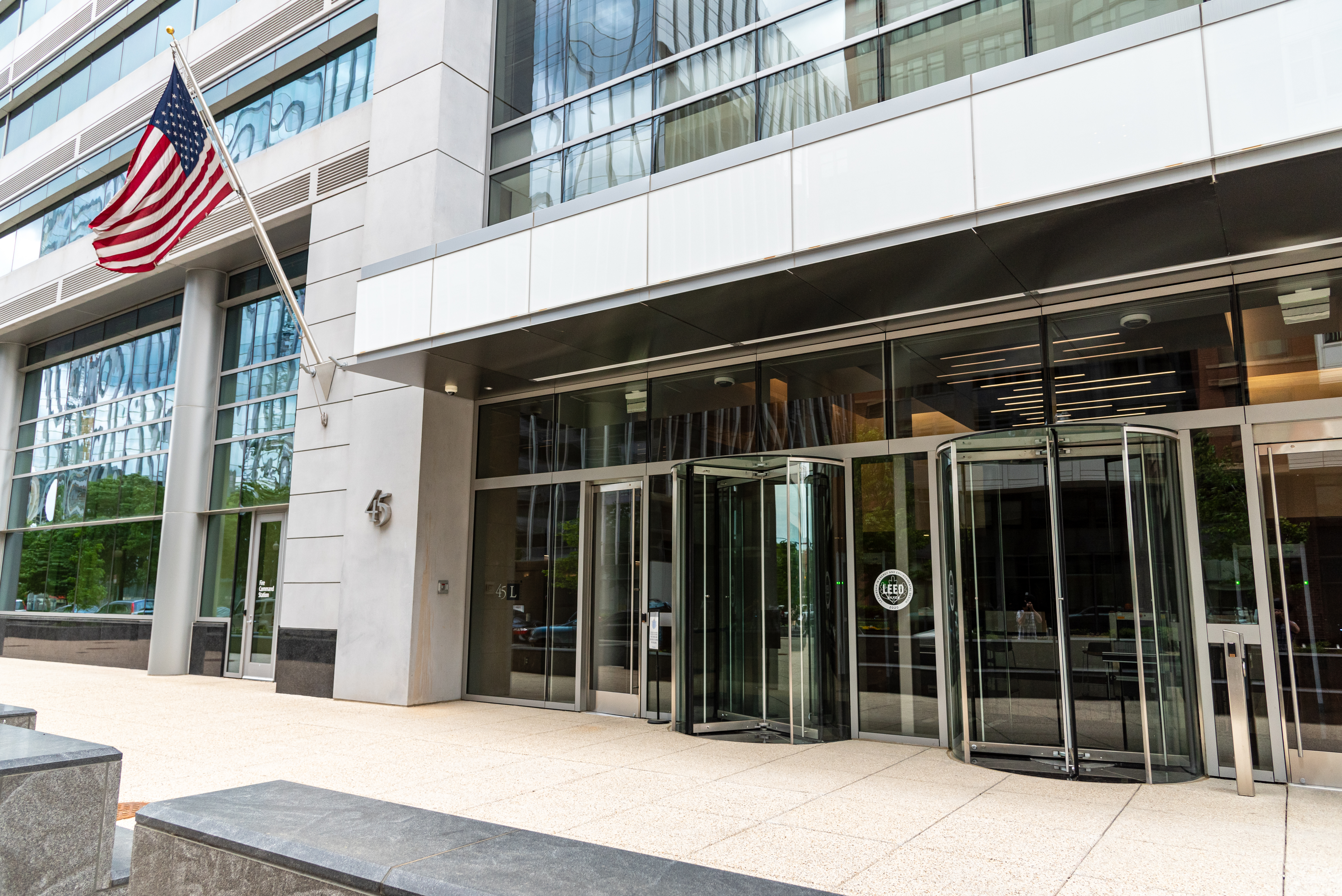The MP3 War: An Artist's View
In recent weeks - while working on music-related projects - I've spent a good bit of time with recording artists who sell their music for a living. So far, I've found few that agree with the corporate music industry's harsh position against computer users that download free music over the Internet.
This might seem surprising since some major label recording artists have appeared before Congressional committees to support their record companies' campaign against Napster-style downloading. But, like so much music industry propaganda these days, I suspect these testimonials might not represent the mainstream thinking of many working musicians - some who tell a much different story.
IAN'S VIEW
Expressing this alternative view is Janis Ian, a veteran singer-songwriter who released her first album in 1967. In a widely distributed article that first appeared in the May issue of Performing Songwriter Magazine, Ian took on the fiercely protective recording industry, represented by NARAS, the National Academy of Recording Arts and Sciences, and the RIAA, the Recording Industry Association of America.
Noting industry claims that online downloads are "destroying sales," "ruining the music industry," and "costing you (artists) money," Ian responded in a voice that reflected the attitude of many of the artists I encountered.
"I don't pretend to be an expert on intellectual property law, but I do know one thing. If a music industry executive claims I should agree with their agenda because it will make me more money, I put my hand on my wallet and check it after they leave, just to make sure nothing is missing," Ian said.
Contending that the Internet offers a major new opportunity to promote musicians, Ian said there "is zero evidence that material available for free online downloading is financially harming anyone. In fact, most of the hard evidence is to the contrary."
As for the recording industry's legal battles against downloading sites, Ian spoke bluntly. "It's sheer stupidity to rejoice at the Napster decision. Short-sighted, and ignorant."
Ian represents a growing number of performing artists that see the Internet-and free downloads of music- as an important way to connect directly with their fans. "Every time we make a few songs available on my Web site, sales of all the CDs go up. A lot," she said.
"Let's take it from my personal experience. My site (www.janisian.com) gets an average of 75,000 hits a year. Not bad for someone whose last hit record was in 1975. When Napster was running full-tilt, we received about 100 hits a month from people who'd downloaded Society's Child or At Seventeen for free, then decided they wanted more information. Of those 100 people (and these are only the ones who let us know how they'd found the site), 15 bought CDs. Not huge sales, right? No record company is interested in 180 extra sales a year. But that translates into $2,700, which is a lot of money in my book. And that doesn't include the ones who bought the CDs in stores, or who came to my shows."
AFRAID OF THE TRUTH
Ian said it's important to remember that public exposure is the main way an artist becomes successful. "Without exposure, no one comes to shows, no one buys CDs, no one enables you to earn a living doing what you love. In 37 years as a recording artist, I've created 25 plus albums for major labels, and I've never once received a royalty check that didn't show I owed them money," she wrote.
"So I make the bulk of my living from live touring, playing for 80-1,500 people a night, doing my own show. I spend hours each week doing press, writing articles, making sure my Web site tour information is up to date. Why? Because all of that gives me exposure to an audience that might not come otherwise. So when someone writes and tells me they came to my show because they'd downloaded a song and gotten curious, I am thrilled!"
Ian, who offers her fans free MP3 downloads on her Web site, disputes recording industry claims that if music is available for free download that it destroys CD sales. "I can't find a single study on this, one where a reputable surveyor such as Gallup actually asks people that question," she said. "I think no one's run one because everyone is afraid of the truth - most of the downloads are people who want to try an artist out, or who can't find the music in print."
Ian decries the industry attitude that consumers are "thieves," out to get something for nothing. "Baloney," she said. "Most consumers have no problem paying for entertainment."
However, she said, it's difficult to convince an educated audience that artists and record labels are about to go down the drain because they, the consumer, are downloading music. Particularly when they're paying $50-$125 apiece for concert tickets, and $15.99 for a new CD they know costs less than a couple of dollars to manufacture and distribute.
"It's dreadful to think that consumers are being asked to take responsibility for the industry's problems, which have been around far longer than the Internet," Ian said. "It's even worse to think that consumers are being told they are charged with protecting us, the artists, when our own industry squanders the dollars we earn on waste and personal vendettas."
For the full text of Ian's article and additional viewpoints on the copy protection issues, visit: www.janisian.com. Go to the section of Ian's writings and choose: The Internet Debacle - An Alternative View.
Get the TV Tech Newsletter
The professional video industry's #1 source for news, trends and product and tech information. Sign up below.
Frank Beacham is an independent writer based in New York.

